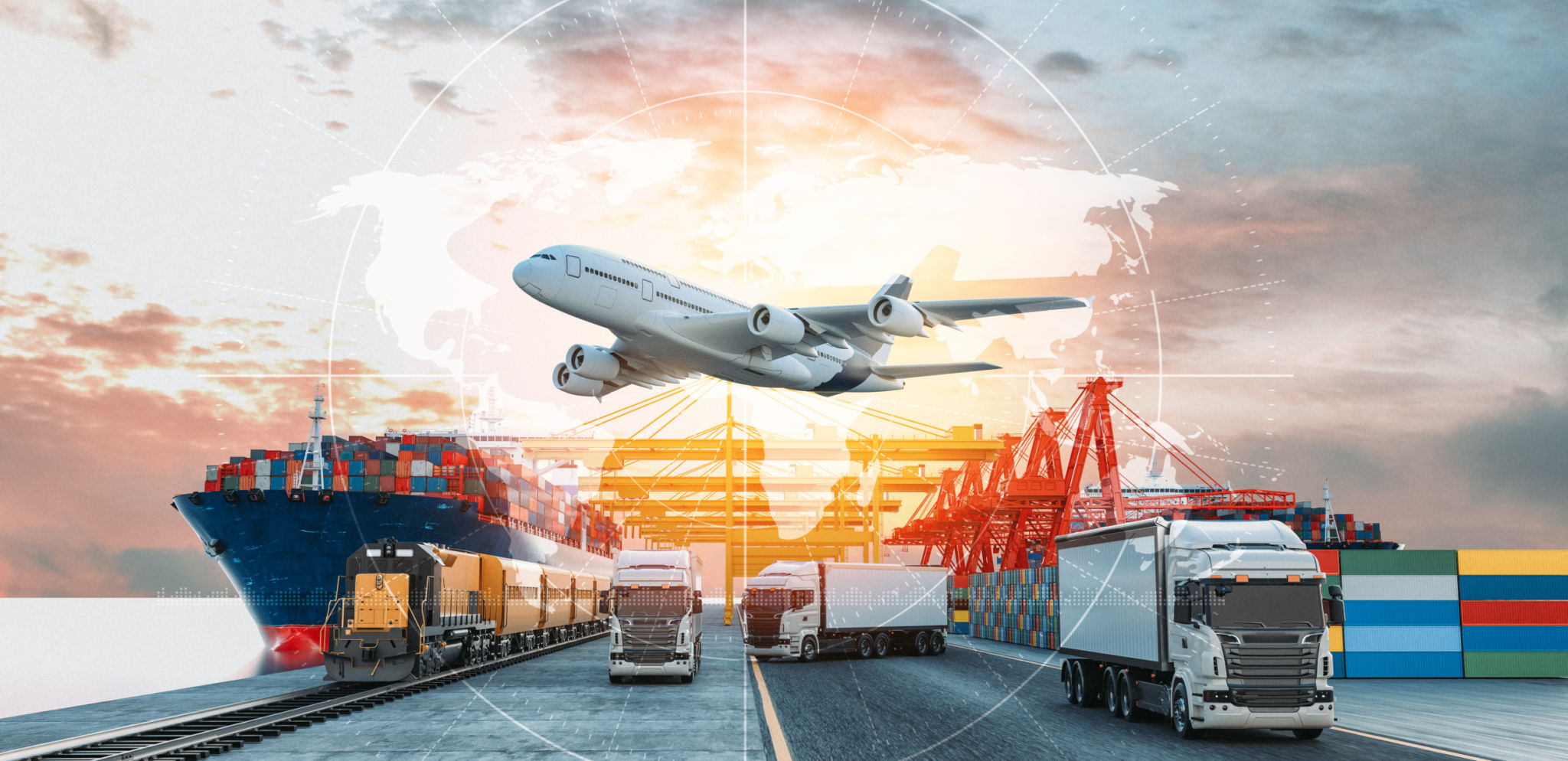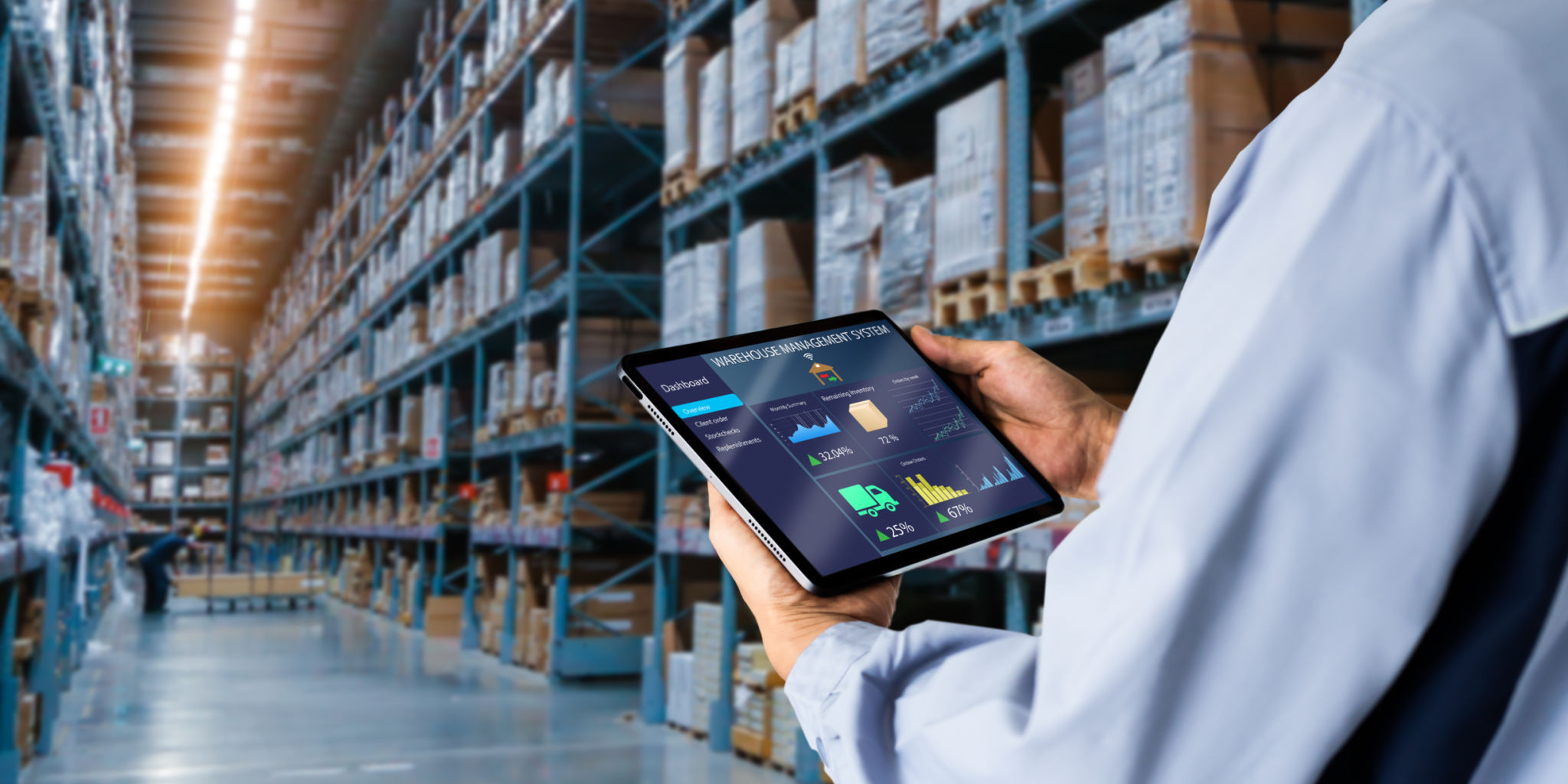The Future of Freight Trucking: Trends to Watch
Introduction to Freight Trucking Evolution
The freight trucking industry is on the cusp of a significant transformation. With the integration of advanced technologies and emerging trends, trucking is set to become more efficient, sustainable, and safer than ever before. This shift is driven by the need to meet increased demands for faster delivery times, reduce environmental impact, and enhance operational efficiency.
Understanding these changes is crucial for businesses and professionals in the logistics sector. Whether you are a fleet owner, a driver, or someone interested in the future of freight transportation, keeping an eye on these trends will help you stay ahead of the curve.

Technology-Driven Innovations
Autonomous Trucks
One of the most talked-about advancements in freight trucking is the development of autonomous trucks. These self-driving vehicles promise to reduce human error, increase road safety, and optimize fuel efficiency. Companies like Tesla and Waymo are already testing autonomous trucks on public roads, indicating a future where human intervention in long-haul trucking could be minimal.
Telematics and IoT
Telematics systems and the Internet of Things (IoT) are revolutionizing how fleet management is conducted. By providing real-time data on vehicle performance, route optimization, and driver behavior, telematics enables more informed decision-making. This technology not only enhances operational efficiency but also contributes to reducing maintenance costs and improving safety.

Environmental Sustainability
Electric Trucks
As environmental concerns continue to rise, the trucking industry is shifting towards greener solutions. Electric trucks are becoming more popular due to their potential to reduce carbon emissions significantly. These vehicles are powered by electricity rather than fossil fuels, making them an eco-friendly alternative for short-haul deliveries and urban logistics.
Sustainable Fuels
Beyond electric vehicles, sustainable fuels such as biofuels and hydrogen are gaining traction. These alternatives offer a way to lower emissions without compromising on performance. As technology advances, we can expect these fuels to become more mainstream, offering a viable solution for long-haul trucking that currently relies heavily on diesel.

Advanced Safety Measures
Safety remains a top priority in the freight trucking industry. Advanced safety technologies such as collision avoidance systems, lane-keeping assist, and adaptive cruise control are becoming standard in new trucks. These systems help prevent accidents by providing drivers with real-time alerts and even taking corrective actions when necessary.
Moreover, predictive analytics are being used to anticipate potential risks based on historical data and current conditions. By identifying patterns that lead to accidents, companies can implement strategies to mitigate risks before they occur, ensuring safer roads for all.
The Impact of E-commerce
The rise of e-commerce has drastically changed consumer expectations regarding delivery times. The demand for rapid shipping has pushed the freight industry to innovate continually. Companies are investing in technologies that streamline logistics processes, from warehouse automation to last-mile delivery solutions.

In conclusion, the future of freight trucking is set to be dynamic and transformative. By embracing technology, sustainability, and safety innovations, the industry is poised to meet the challenges and opportunities of tomorrow's logistics landscape. Staying informed about these trends will be key for those looking to thrive in this evolving field.
